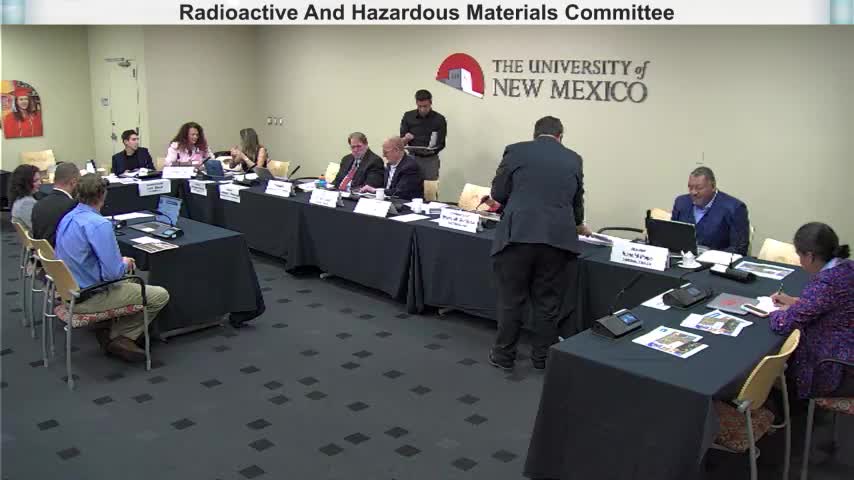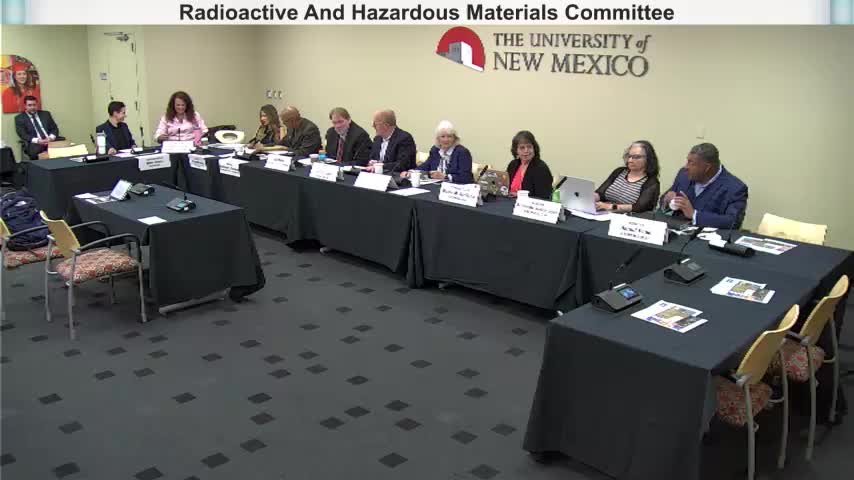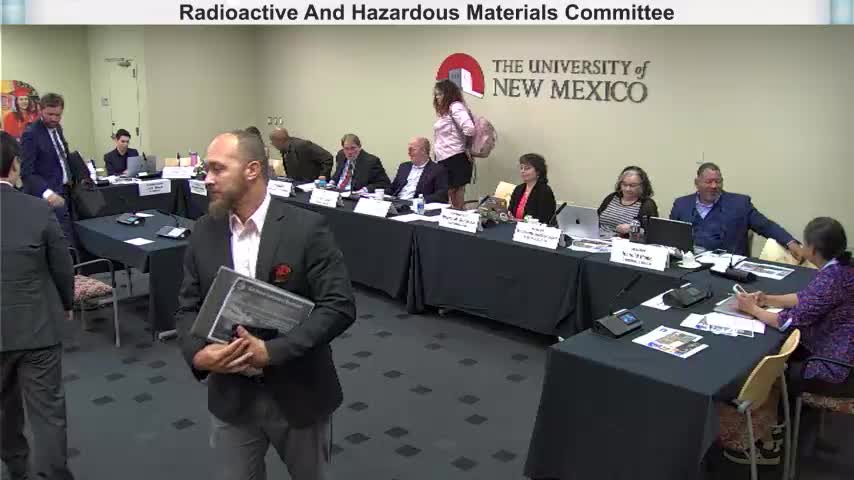Article not found
This article is no longer available. But don't worry—we've gathered other articles that discuss the same topic.

Kirtland bulk‑fuels leak: regulators, Air Force and water authority say pumps and monitoring are limiting spread but work will take years

New Mexico reports near‑universal PFAS in Curry County blood tests; regulators outline rules, inventory and litigation

